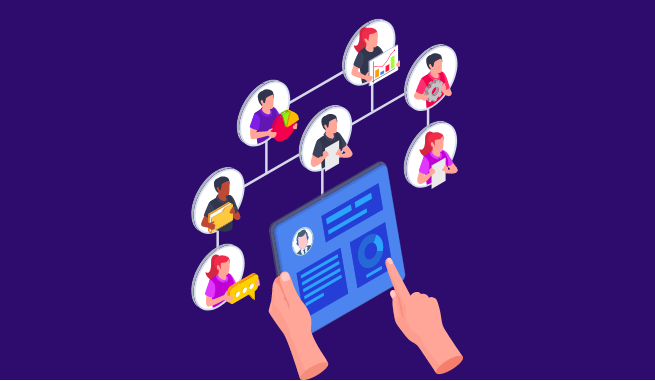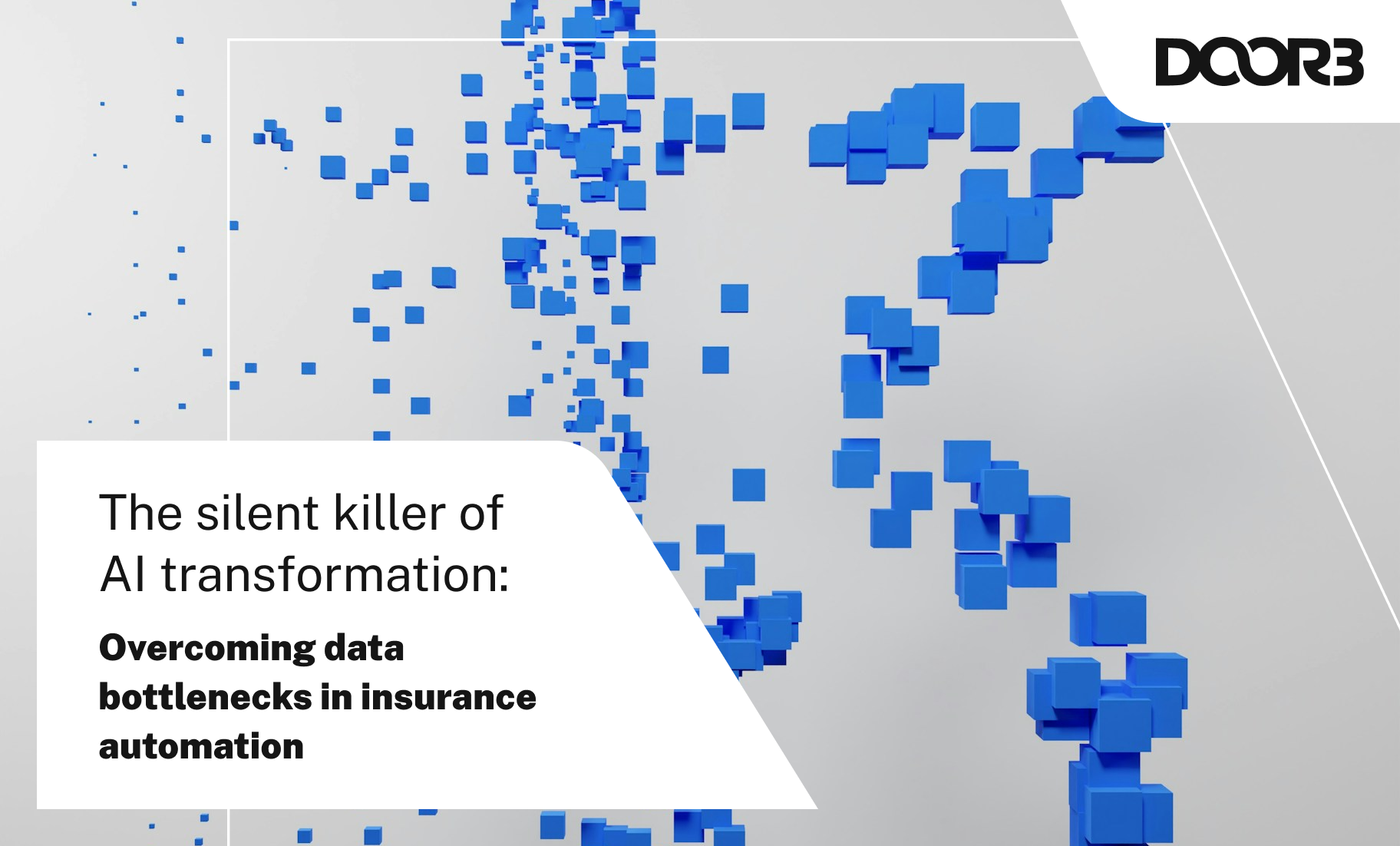Tackling Team Dynamics in the Hybrid Work World
09.27.2021Building team cohesion is hard enough, but throw in remote and hybrid work arrangements, and you have a real challenge on your hands.
As part of our efforts to get team dynamics right, DOOR3 had the pleasure to host Dr. Mark E. Whiting for a symposium on team cohesion and performance this week. Our normal weekly sync between our project management and business analysis teams got a serious upgrade as we invited everyone in the company to join in this installment of our ongoing, practice-based speaker series. Dr. Whiting, as well as a number of out-of-area colleagues, joined through remote video links, while the meeting room of our New York office was filled to capacity (with COVID precautions in place, of course). The presentation and ensuing discussion showed the importance of prioritizing team cohesion, especially in a time when remote work is the norm.
The talk focused on the factors that influence team cohesion and fracture, as well as how this dynamic directly and indirectly bears on performance. Research and discussion centered around some key questions that his research tries to answer. What makes a certain team successful and in what situations? How can we help teams start off on their best foot? How can we make sure teammate share our perspectives?

Mark and his colleagues’ findings show that teams can benefit from collaborative interactions before work begins. We regularly overestimate how much other people share our perspectives. Instead, starting with a common understanding, not just about the best ways to work together, but of each other as human beings, can help teams be more productive and efficient in the long run.
Dr. Whiting is currently a postdoctoral fellow under Duncan J. Watts in the Computational Social Science Lab at the University of Pennsylvania, with affiliation in both Computer and Information Science in Engineering, and Applied Science and Operations, Information and Decisions at the Wharton School. His work involves building systems to study how people behave and coordinate at scale, based on the belief that learning to be better together is the single most important thing we can do to facilitate our long-term success—both as individuals, and as a species.
A lively discussion accompanied tasty snacks and everyone agreed we needed more time to delve into this important topic. Our future success as technology consultancy depends on our ability to communicate effectively and work as a team. Cohesion and fracture are natural aspects of human systems, but they pose risks to the success of complicated organizational efforts. The deeper our understanding of these processes, the better we can be at navigating them. Contact us for more.
You can find more about Dr. Whiting’s work at whiting.me



